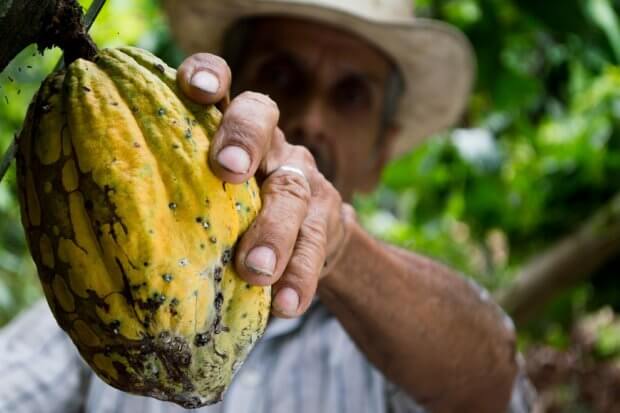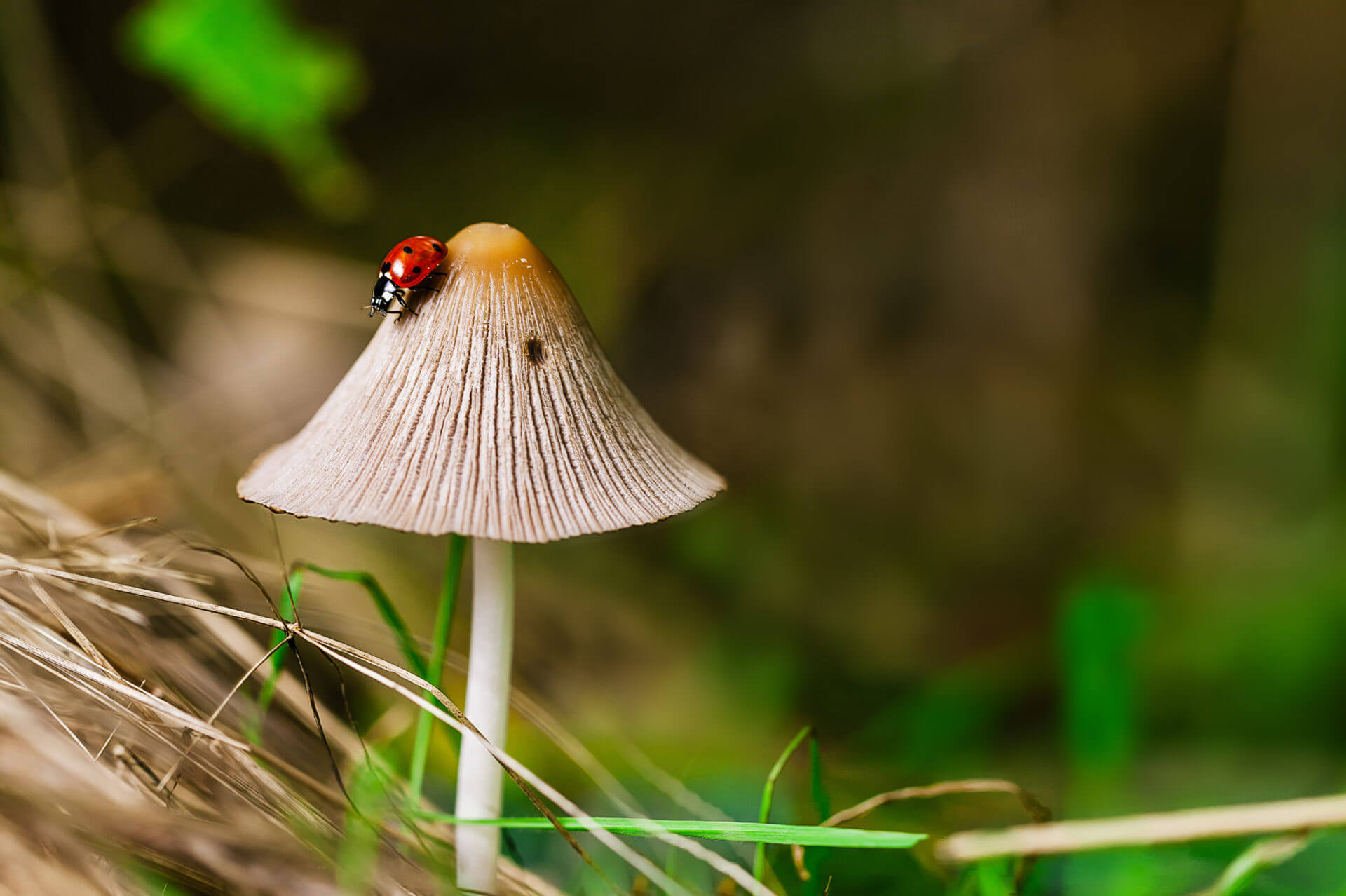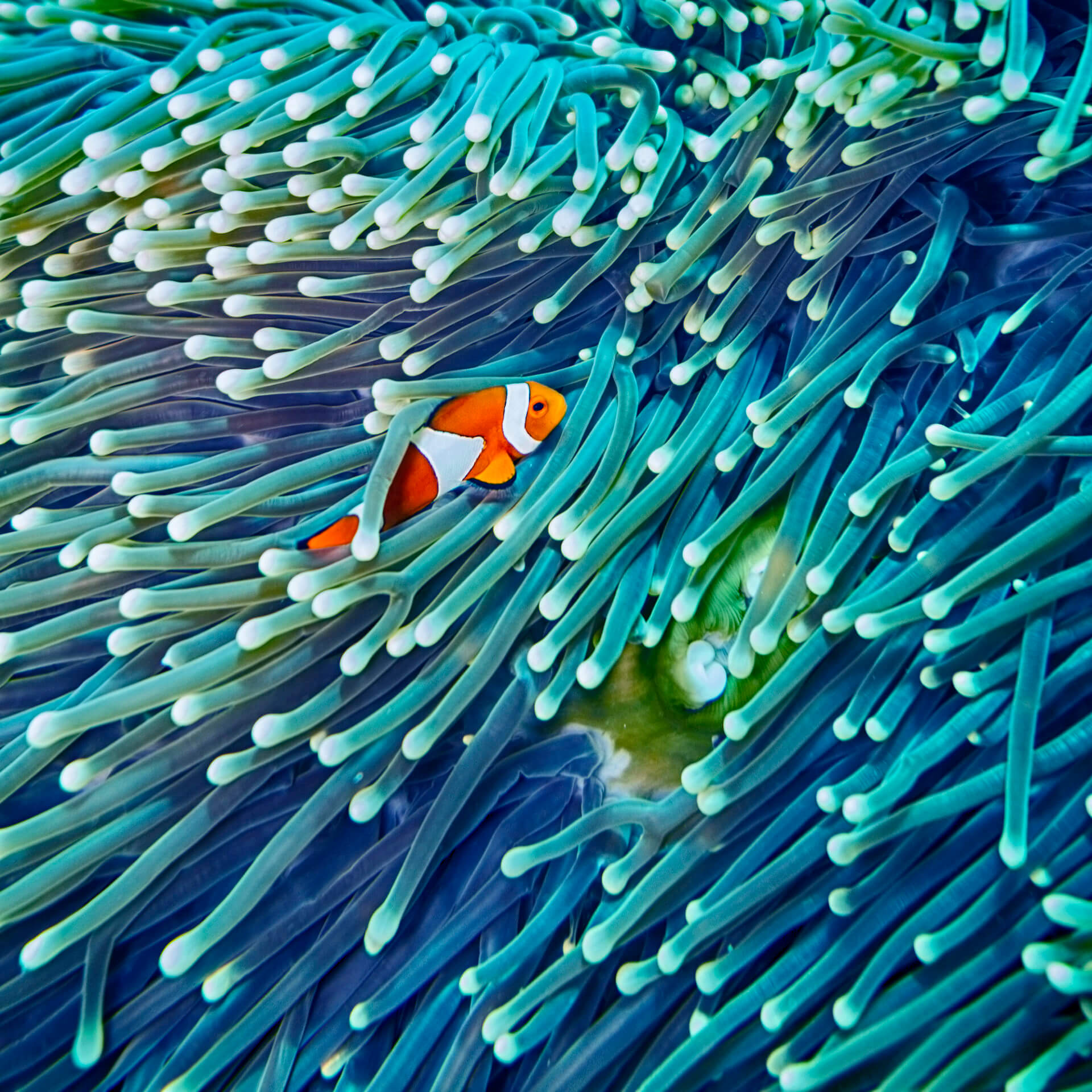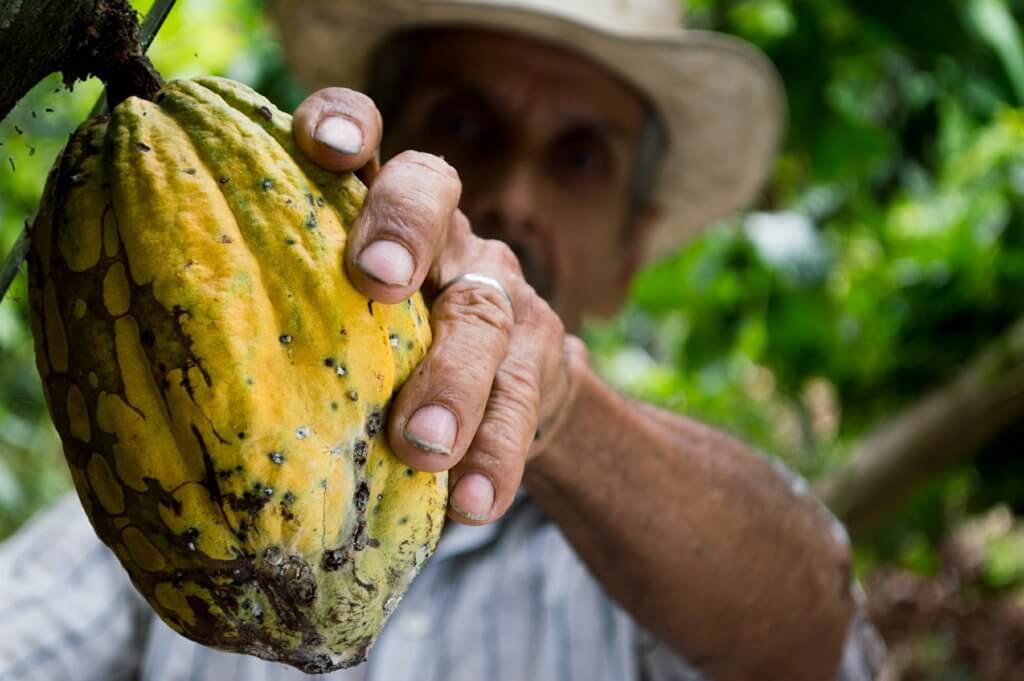
No cocoa, no chocolate…
Once a casual, festive and sometimes even luxurious dish, chocolate is now part of our daily eating habits. A pleasure for the taste buds and morale but to which biodiversity pays a heavy price.
In recent months, cocoa has repeatedly caught the attention of the media. In September 2017, a report from Mighty Earth NGO denounced deforestation caused by cocoa production in West Africa. In Côte d’Ivoire, 30% of total deforestation is due to cocoa cultivation. In Ivorian protected areas, 90% of deforestation is attributable to cocoa! These supposedly protected forests are home to elephants and chimpanzees, among others. Since the publication of its report, the NGO has indicated that this phenomenon affects other parts of the world, such as Indonesia, Peru, Ecuador and Cameroon.
In January, another area of concern emerged, i.e. the disappearance of cocoa due to climate change and disease. Global warming would make bean production conditions less favourable, making cocoa a scarce resource.
Moreover, demand for cocoa is rising sharply, and cocoa producers are not fairly paid. This high demand increases the area needed for cocoa production, a phenomenon exacerbated by low yields in areas affected by climate change. Also, $100 billion in revenues are generated along the cocoa value chain, but producing countries would capture only 6% of that amount and only 2% would go to producers. These low prices incite the producers to push back the boundaries of cultivated areas, particularly towards protected areas.
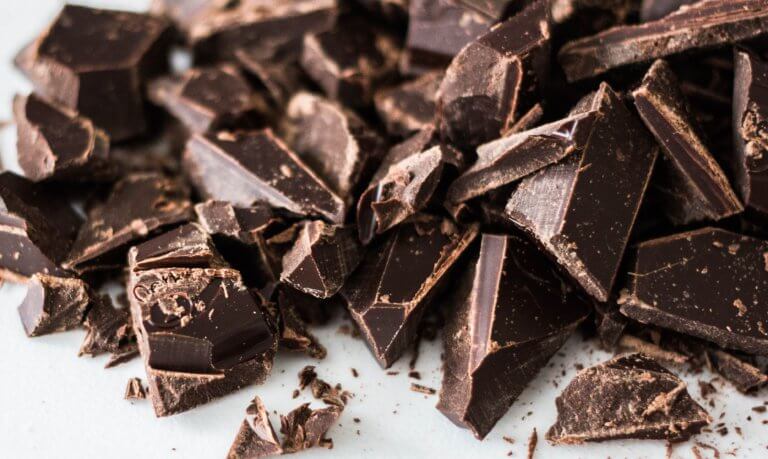
As suggested by Pierre Marcolini, a famous Belgian chocolate maker, cocoa is therefore more a matter of money than of climate. For food companies and chocolate makers, the challenge then lies in the traceability of their supply and in a commitment to fairer trade.
For consumers, solutions exist to avoid contributing to the disappearance of the tropical forests concerned: choose your chocolate by favouring quality and not quantity, and prefer brands committed against deforestation and in favour of fair trade. Our pioneering company Belvas is a Belgian chocolate factory that is completely in line with this ecological and fair approach.
The average Belgian would consume eight kilos of chocolate per year… For Easter or any other moment of chocolate pleasure, make sure you make informed choices to protect our essential biodiversity.
Actus Associés

Regenerative development and design: improving governance, innovation and planetary health
Humans have pushed several planetary boundaries out of their safe operating space and inequalities within and between countries are rising… Our current societal and environmental challenges require a meta-response. This is what Regenerative Development and Design (RDD) aims to bring.
See more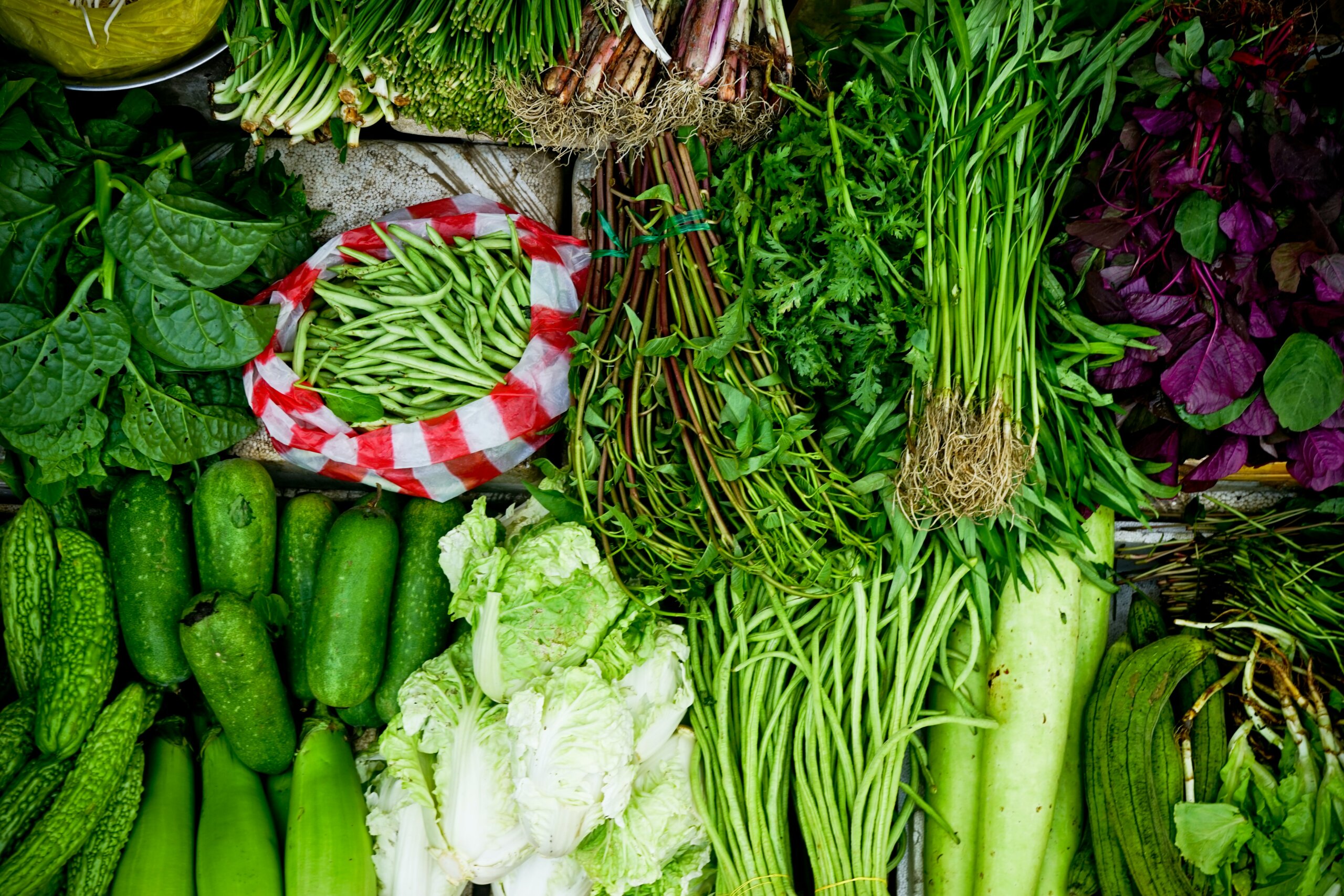
Save biodiversity by eating better
Our food choices have significant effects on biodiversity and ecosystems, but also on our health. Among other things, intensive meat production is responsible for the destruction of many ecosystems around the world and excessive meat consumption is a source of various diseases. Yet demand is growing on an increasingly populated planet with limited natural resources. As individuals, do we have a role to play in mitigating this trend in a globalised world? The answer is yes!
See more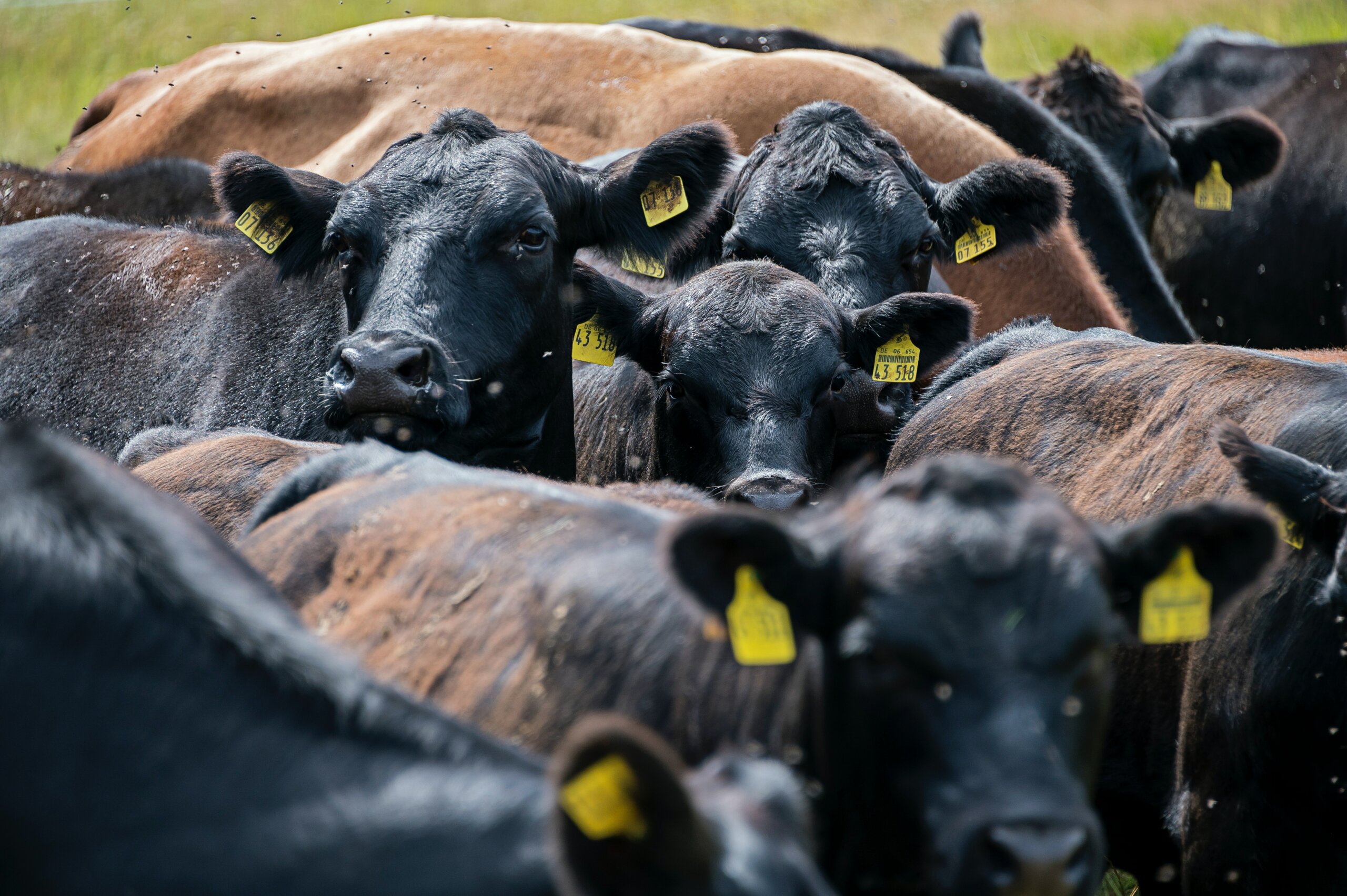
A very meaty diet: what consequences for biodiversity?
Did you know that, in the European Union, the food industry is the main cause of environmental damage, followed by housing and mobility?[1] Although many consumers are aware of this, we tend to underestimate the effects of our eating habits on the environment.[2] While this is not good news, it does mean that our choices can make a real difference. But can we really protect biodiversity at mealtimes?
See more

